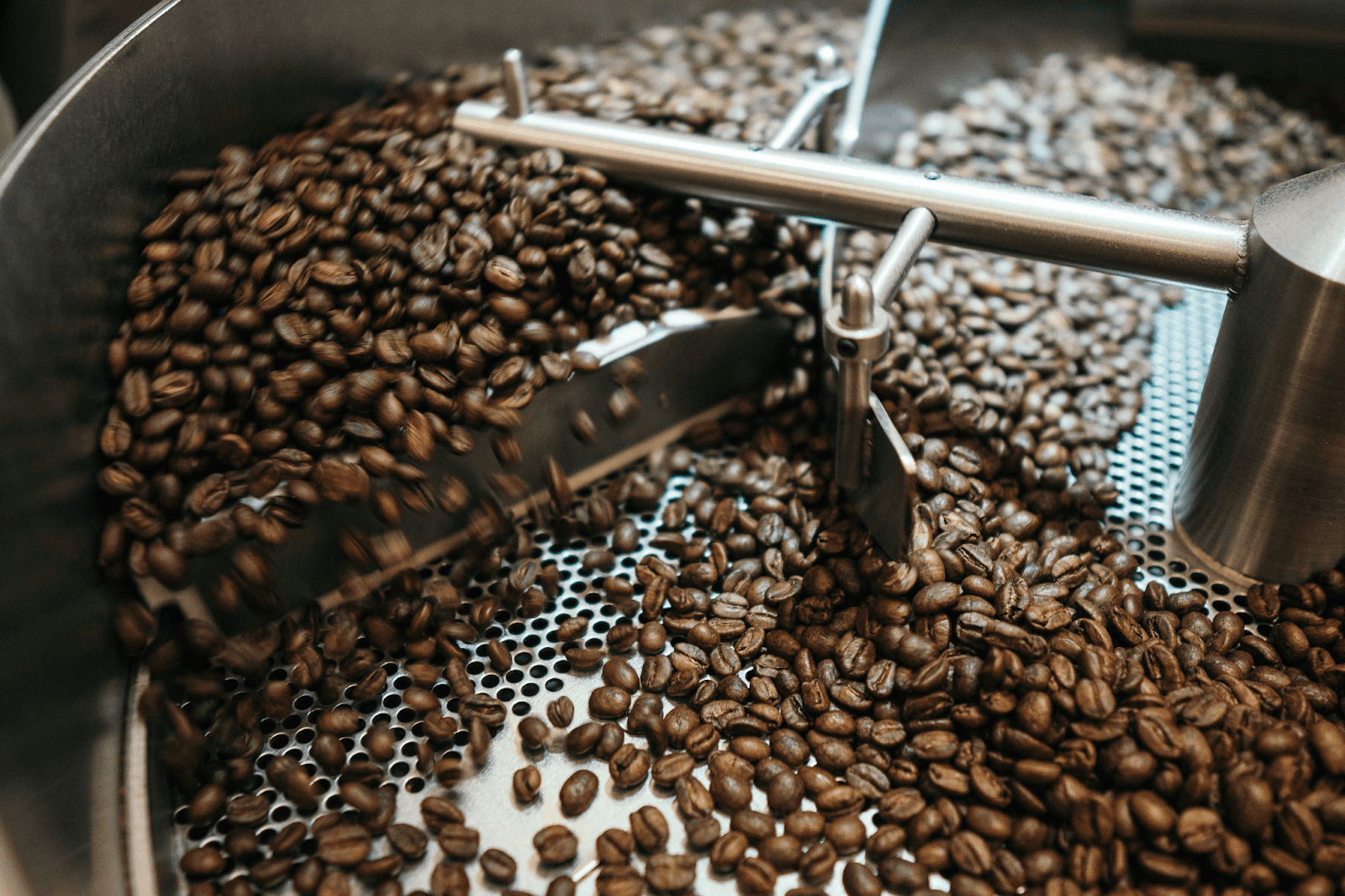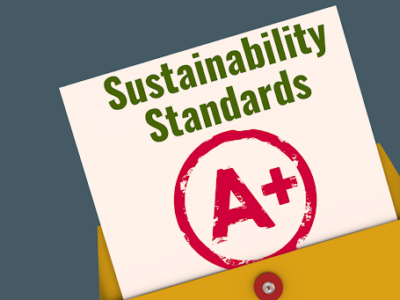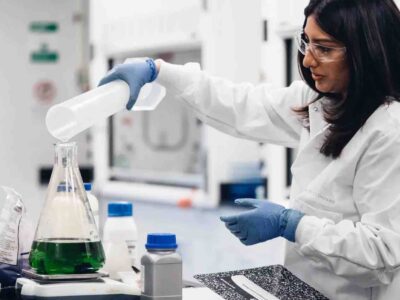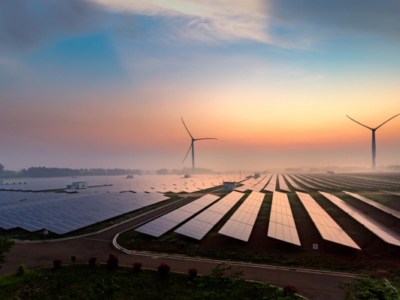For many Americans, that first cup of coffee signifies the start of the morning. With over 400 million cups enjoyed daily, it’s the most consumed beverage in the U.S. Few people realize the environmental impact brewing that morning cup of joe puts on the planet. There are several areas where large corporations could make a difference. However, for the local coffee roaster, much of their impact comes from meaningful choices in their roasting process.
Roasting involves heating raw coffee beans at high temperatures to extract rich flavors. The traditional method uses natural gas to fire roast beans with an intricate ventilation system. Using a gas-burning roaster is also inefficient will lose 75% of its heat input from the chimney. This process produces a large amount of carbon dioxide and carbon monoxide emissions.
In addition, roasting beans give off a host of other pollutants called volatile organic compounds (VOCs), which include alcohols, organic acids, and aldehydes. Some roasters use an afterburner to recirculate and reheat VOCs; however, it only raises emissions.

That’s not to say coffee roasting is terrible or even a significant source of this issue. It only represents about 15% of the emissions that come from the industry. But it is a space for considerable innovation and is ready for a sustainable upgrade.
Bellwether, a startup from Berkeley, CA, has done precisely that and created one of the first zero-emissions commercial coffee roasters. The company, aptly named for being a trendsetter, has designed a ventless machine that runs entirely on electricity.
Its ventless technology ensures a minimal carbon footprint. Instead of bringing in the fresh air and emitting smoke from the roasting chamber, the Bellwether system continuously reuses the air. It then recirculates it through a catalytic process that cleans and returns it to the chamber. Not only does this generate fewer emissions, but it also ensures better quality by eliminating the susceptibility to environmental conditions. It also provides even heating, resulting in a better product.

Bellwether’s electric process can reduce the carbon footprint of each roasting cycle by an average of 90%. In addition, it is estimated that using renewable energy to power the roaster can save more than 157 metric tons of greenhouse gasses over the machine’s 10-year lifetime.
It equates to removing almost 390,000 miles of driving from the road.
Not surprisingly, Bellwether’s technology has caught the eyes of both financiers and coffee enthusiasts alike. In 2019, the company acquired $58.2 Million in Series B funding and received the Best New Product by the Specialty Coffee Association that same year, a testament to the new technology’s sustainability and ingenuity.





